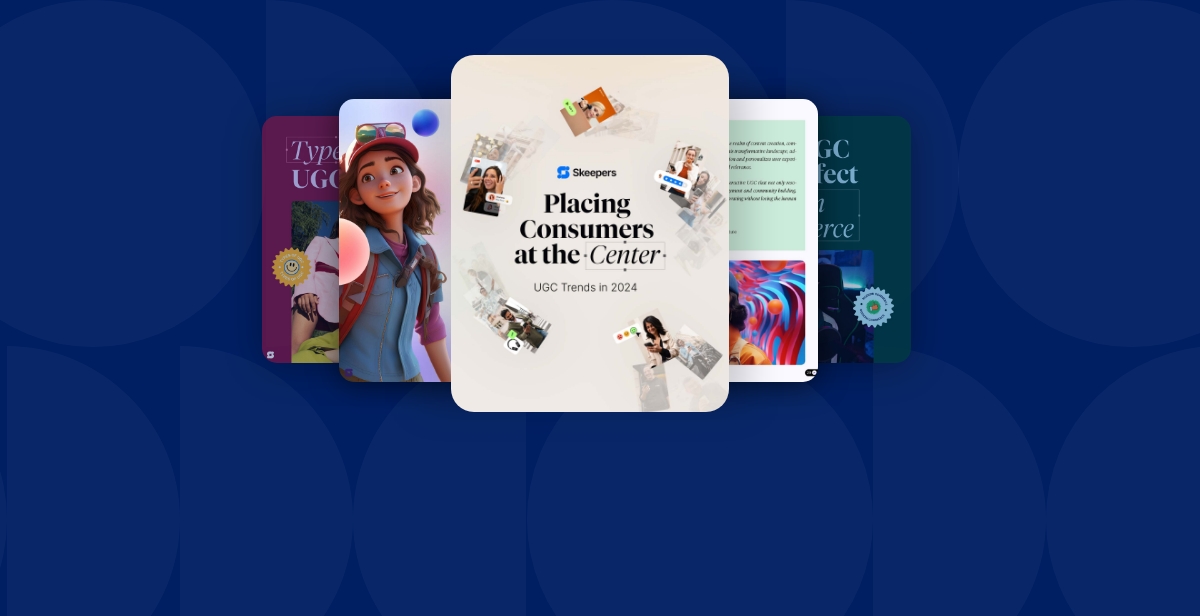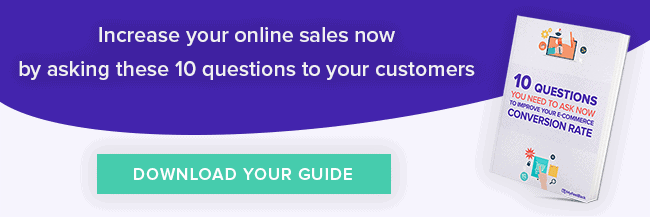Arguably the biggest mistake you can make as a CRM Manager is not knowing who your customers are, which is why acquiring customer knowledge is so important. Customer knowledge allows you to understand the wants and needs of your customer so that you can cater your product as well as cater your customer service and...
Arguably the biggest mistake you can make as a CRM Manager is not knowing who your customers are, which is why acquiring customer knowledge is so important. Customer knowledge allows you to understand the wants and needs of your customer so that you can cater your product as well as cater your customer service and marketing efforts to meeting those needs. If you don’t take the time to acquire customer knowledge, you risk wasting time, energy and money on ineffective marketing and customer relations campaigns that don’t communicate well to your customer. You also risk missing out on valuable insight into how to develop the products, services, and benefits your customers truly want.
Ask The Right Questions
Acquiring customer knowledge is as simple as asking the right questions in the right way. A common way to do this is through surveys. Surveys are one of the most effective ways to build up your customer knowledge because they allow you to actively ask for customer feedback, and customer feedback is a tool used by 70% of companies that deliver best in class customer experience.
Before you create a survey, it is important to ask yourself what the goal of the survey is. Do you want to find out if your customers are satisfied with a specific product? If so, you need your survey to ask specific questions about what the customer expected when buying the product, if the product lived up to the expectation, and why. Do you want to find out who your target audience is for a new campaign? In this case, you will need to ask questions that will pinpoint the pain points, motivations, and personal details about your customer.
Surveys can give you unlimited customer knowledge, but it’s important to figure out what you need to know beforehand so that you can ask the right questions in your survey and stay on track.
Use The Right Format
Just as important as asking the right questions is formatting your questions correctly. Customer relations is all about making your customer feel respected, valued, and listened to. When you are asking for customer feedback, you want to make sure the questions empower the customer to share their thoughts and opinions in a user friendly, easy to understand way.
To do this, make sure the invitation to the survey explains why the customer is receiving the survey with a clear CTA to access it. Frame the survey in terms of how it will benefit the customer, and word your questions in a way that is clear and concise. When creating multiple choice questions, don’t offer too many options for answers– no one wants to spend five minutes reading through the different multiple choice. It is advised that you keep the survey as short as possible to improve its efficiency, and offer some sort of reward at the end if you are able to. Remember, it’s not just about getting the information – this survey is a ultimately a relationship building tool that should help your customer relations efforts as well as your marketing targets.
Use your Data Wisely
Once you get feedback from your customers, the most important step is using the data you received wisely. Acquiring customer knowledge is a waste of time if you do not know how to correctly organize, analyze, and act on the knowledge once you have it.
When you get feedback from a survey or other customer knowledge medium, the first thing you should do is organize the data into categories based on the questions you were hoping to answer when you asked for the feedback in the first place.
Once the data is sorted, it’s time to analyze it. What is this feedback telling you? This is one of the most difficult parts of successfully obtaining customer knowledge, because the feedback you receive from customers is often complex. For example, if you receive a positive review of your customer service from a customer, you need to pinpoint a) why the customer reached out to you for customer service b) what medium they were helped through and c) whether or not this good experience compares to other customer experiences.
Once you have analyzed the data and figure out what it is telling you, it’s time to use the findings to your advantage. One of the most effective ways that customer knowledge can be used is to make great content that responds to the wants and needs of your customers. Once you know what your customers like and dislike about your company and what they need in order to be satisfied, your CRM team can dive in and strategize about how to incorporate this into blog posts, emails, and other informative content that will inform, engage, and interest your customers.
You can also use your customer knowledge to cater your brand identity to your target audience. Did your survey show you that your customer base is younger than you thought? More targeted in the network industry? Mainly CIO’s? All of this information can help you to make your brand into something these people will enjoy and relate to. Listen to who your customers are and then make sure your brand personifies them.
Customer knowledge can also reveal areas where your company needs to improve. If your feedback shows you that your company is great with marketing to customers, but struggles with customer service and satisfaction, you can make the appropriate adjustments to ensure that your customer journey is satisfying from start to finish.
The best part about gaining customer knowledge is that it is constantly reminding you to put yourself in your customer’s shoes and keep them at the center of the marketing story. Successful businesses need to be constantly thinking about how the customer is thinking and feeling in order to anticipate challenges and keep the customer experience fresh. By asking the right questions, using an appealing format, and correctly analyzing and acting on your customer data, you will avoid a lot of the wasted time and energy that comes from not giving weight to customer knowledge.








